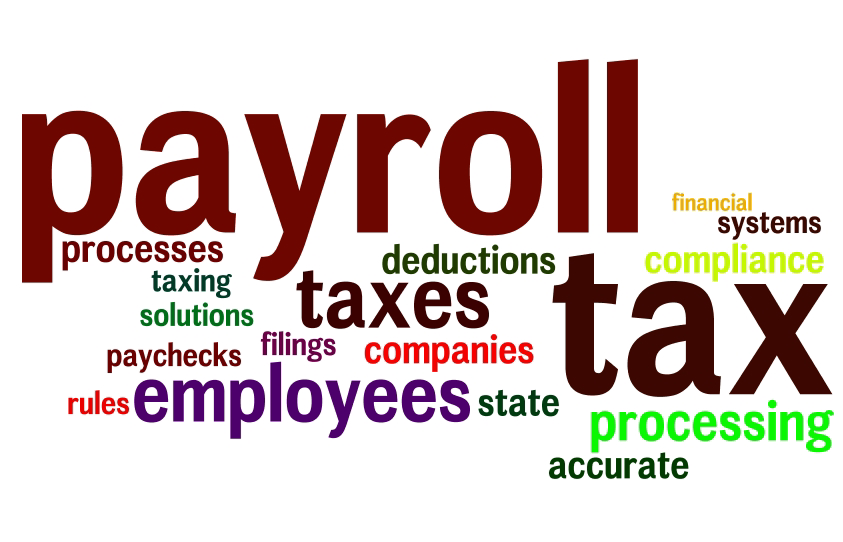Payroll
Payroll Tax News Updates: April 2024
Under the trust fund recovery penalty (TFRP), a “responsible person” may be held personally liable for the full amount of an employer’s unpaid employment taxes.
Apr. 22, 2024

Tax Blotter 042224
Under the trust fund recovery penalty (TFRP), a “responsible person” may be held personally liable for the full amount of an employer’s unpaid employment taxes.
This issue is often contested in the courts.
Not my job. The job of a manager in an auto repair shop mainly consisted of running errands for the owner and doing other odds and ends. Although he wasn’t involved with payroll, he had check-signing authority over one bank account used solely to buy parts for the business. But the manager wasn’t aware of the company’s failure to pay employment taxes on time. Now a district court in Pennsylvania has determined that he isn’t a responsible person (Powell, Civil Action No. 20-1656, W.D.-PA, 3/29/24).
Pay the IRS first! After the CEO and sole shareholder of an employment recruitment firm discovered that his bookkeeper had embezzled from the company, including taking funds allocated to employment taxes, he transferred funds to a new business entity. The parties eventually agreed on a legal settlement and the CEO used part the money to pay himself a $77,000 bonus. Result: The Tax Court agreed with the IRS that the CEO is a responsible person who is liable for the TFRP (Taylor, TC Memo 2024-533, 3/25/24).
Sense of urgency. Working only part-time won’t necessarily get you off the hook. A part-time bookkeeper at Urgent Care who was paid an hourly rate handled the company payroll. But he didn’t have any check-signing authority or ability to make payments on the company’s behalf. At all times, he worked under the supervision of his immediate supervisor, a physician. Nevertheless, he was aware of the failure to pay employment taxes on time, so the Tax Court treated him as a responsible person liable for the RFRP (Kazmi, TC Memo 2022-13, 3/1/22).
